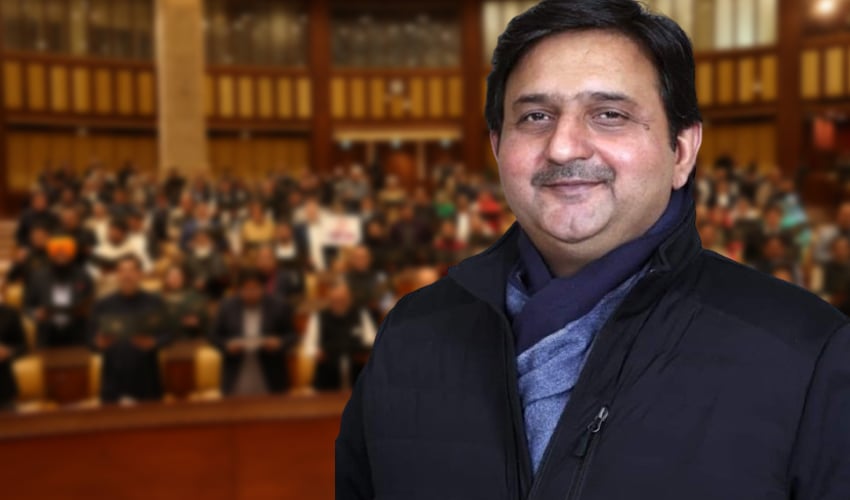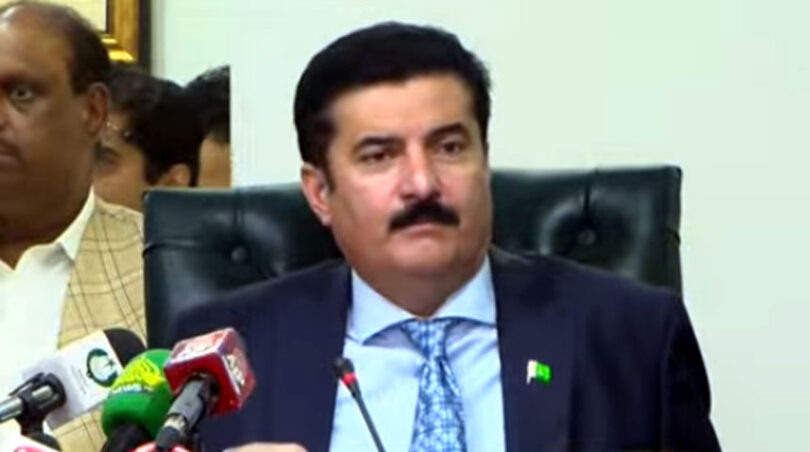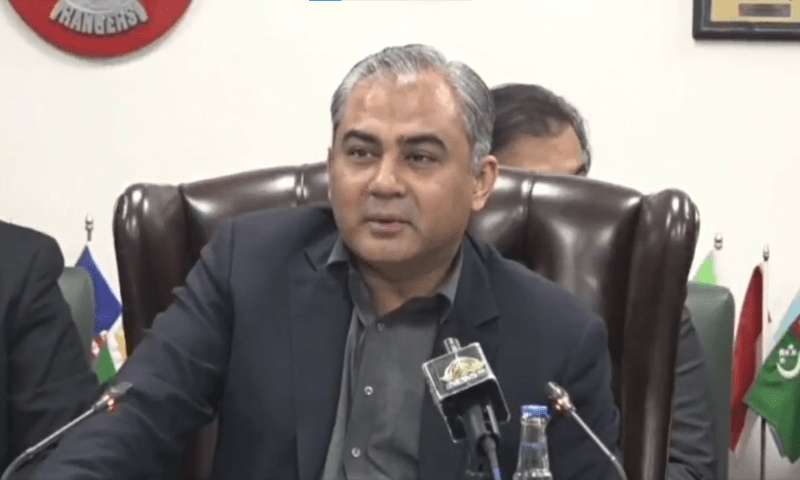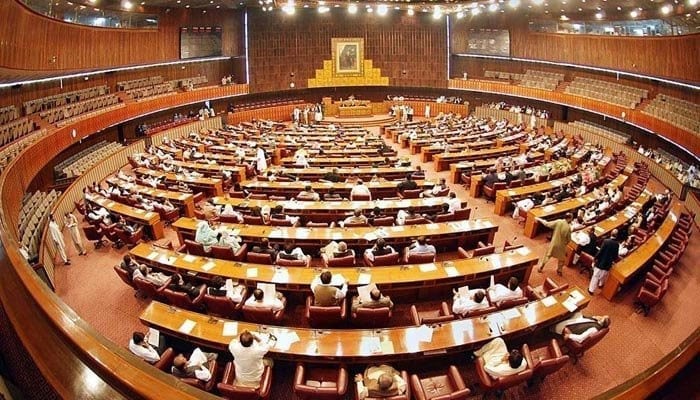POLITICS & POLICY MAKING
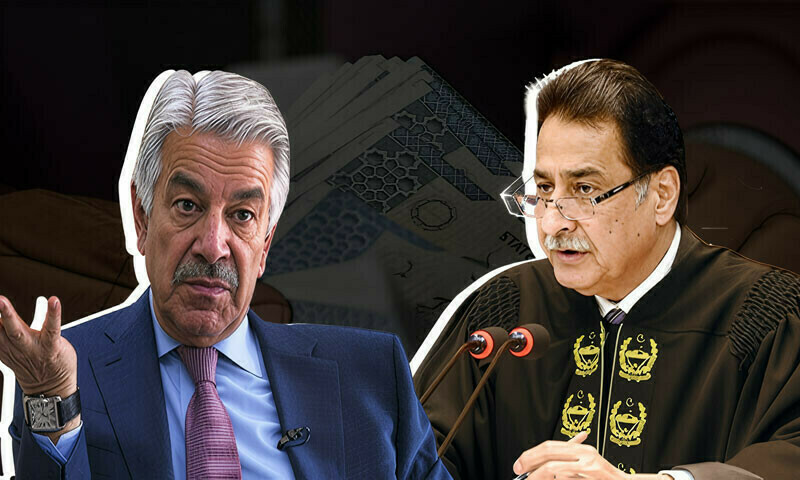
National Assembly Speaker Ayaz Sadiq has formally distanced himself from the ongoing controversy surrounding the increase in salaries of the Speaker and the Chairman Senate, leaving the matter entirely to the discretion of Prime Minister Shehbaz Sharif and the federal cabinet.
According to official sources, the Speaker wrote a letter to the Prime Minister amid political uproar, particularly after Defense Minister Khawaja Asif sharply criticized the salary revision, calling it a form of “financial obscenity” in light of the country’s economic challenges.
In his letter, Ayaz Sadiq stated that he has “no interest” in a salary increase and emphasized that he has no personal involvement in the decision-making process regarding salaries of constitutional officeholders. “Of course, do not increase my salary,” he wrote, underscoring his desire to avoid any perception of impropriety.
Responsibility Lies with the Cabinet
Sources from the Speaker’s Office clarified that the decision to increase salaries lies solely with the federal cabinet, and not with the Speaker or the Senate Chairman themselves. “The Speaker is not part of the process that authorizes or recommends salary adjustments,” an official said.
This comes after widespread public criticism following a post-budget press conference in which it was revealed that the salaries of the Senate Chairman and National Assembly Speaker had been increased significantly — reportedly from Rs 250,000 to Rs 510,000 — due to no prior revisions in the past nine years.
Political Backlash and Cabinet Response
Finance Minister Muhammad Aurangzeb had defended the move during the press conference, citing long overdue adjustments. However, Khawaja Asif’s remarks triggered a backlash within the ruling alliance itself, prompting the Prime Minister to take notice of the issue.
While Ayaz Sadiq has refrained from responding directly to Khawaja Asif’s criticism, his letter reflects an attempt to de-escalate tensions and publicly defer the decision to the government.
As public scrutiny over perks and privileges of lawmakers continues to mount amid inflation and austerity, this letter may serve to relieve pressure on the Speaker while redirecting the debate to where the authority actually resides — the Prime Minister and his cabinet.
